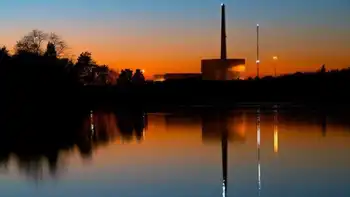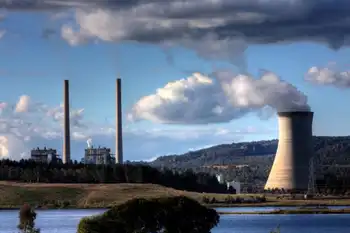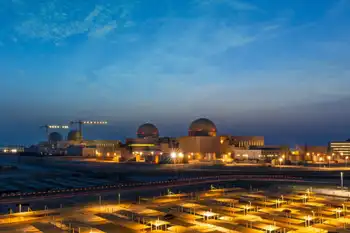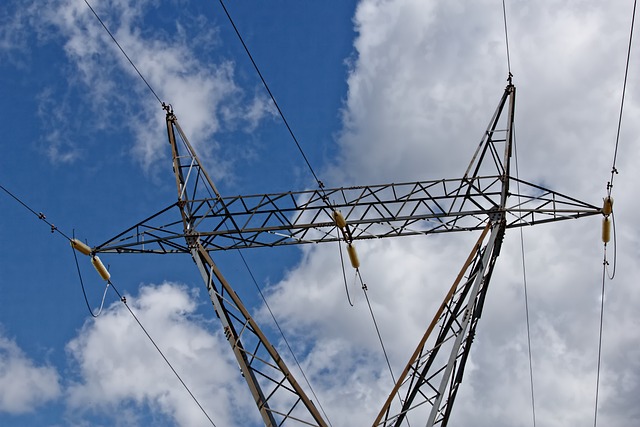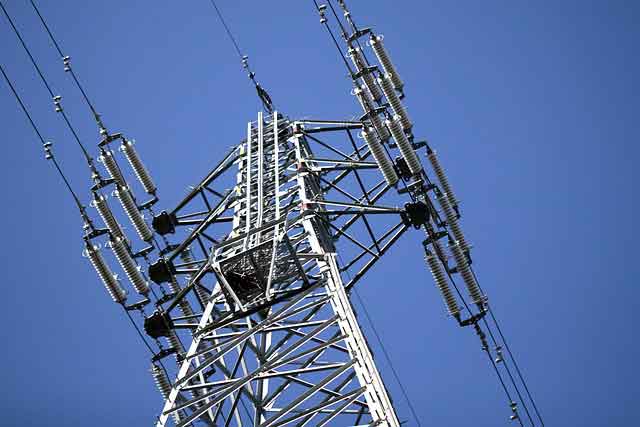Norway stalls on carbon capture project
By Reuters
Arc Flash Training CSA Z462 - Electrical Safety Essentials
Our customized live online or in‑person group training can be delivered to your staff at your location.

- Live Online
- 6 hours Instructor-led
- Group Training Available
The 425 MW Kaarstoe plant, Norway's first commercial power station fueled by natural gas, has been idle for much of the past year due to an unfavorable relationship between the price of gas and electricity.
"There is a big debate about building a CCS (carbon capture and storage) facility at a power plant that is hardly operating," said Bjoern-Erik Haugan, managing director at Gassnova, which manages Norway's interests in CO2 projects and helps develop technology.
The Norwegian government said in a statement it stopped the procurement process for contracts to construct the CO2 facilities until it has "a clearer view on the operational pattern" of the Kaarstoe power station.
Norway has not changed plans for a second CCS facility in Mongstad, another industrial hub on its North Sea coast.
The decision means full-scale CO2 capture at Kaarstoe — a 3.46 billion crown (US$530 million) project that will be 10 times bigger than similar U.S. plants — will be delayed beyond its scheduled start in late 2011 or early 2012, Haugan said.
"This date will not happen, it's a pretty clear implication from this decision," Haugen told Reuters in an interview.
He said the cost of capturing CO2 at the experimental plant, and burying it in subsea structures, was "much higher" than that of purchasing the plant's CO2 emissions on financial markets.
"The government needs to look at what is an acceptable cost — and it will be significant. Of course the less the power plant works, the higher the unit CCS cost will be," he said.
Haugen said one potential option was linking the Kaarstoe power plant, which currently sells electricity to the grid, to the nearby natural gas processing facility and terminal.
"If such cooperation were to happen, it might change the scope for the carbon plant," Haugen said, adding that North Sea gas pipeline operator Gassco, which manages the Kaarstoe gas terminal, has been looking into this concept.
The idea is for the power plant — jointly owned by oil and gas producer StatoilHydro, utility Statkraft — to sell heat as well as power directly to the terminal.
The terminal and gas processing complex plays a key role in the transport and treatment of gas and condensate from nearby North Sea fields, which according to plans could also be used as subsea storage sites for captured carbon emissions.
Haugen said Kaarstoe will remain pressured unless market dynamics between gas and electricity prices changed in Norway, which gets nearly all of its power from hydroelectric stations.
"This is up to the markets and hard to predict," he said.
Demand for electricity in Norway has dropped 5 percent in January-March amid cuts by industry due to global economic woes. Norway is part of the single Nordic grid, where prices are some 14-20 euros per megawatt hour lower than those in Germany.
Geir Fuglesth, spokesman for the company which operates the Kaarstoe power plant, said it has been running at full capacity since February 26 and that future activity depended on prices.





